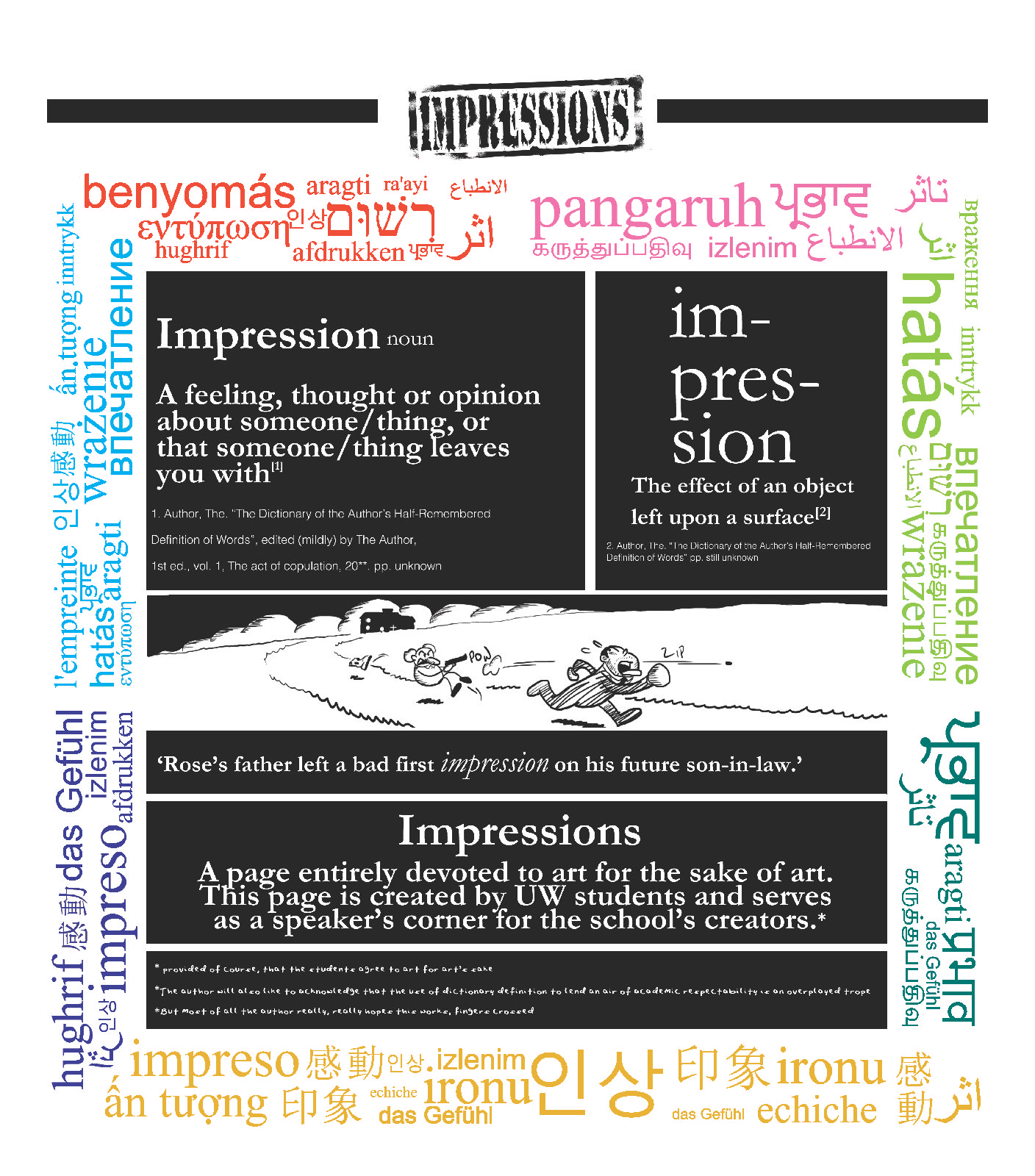They say the two topics most unfit for polite company are religion and politics. With the recent shift in the political atmosphere due to this past U.S. election, the embargo on the latter topic appears to have been lifted, with everyone giving their two cents on the matter.
With that in mind, why not do the same for the former?
Religion is ridiculous.
This statement in today’s society is considered at best, strident, and at worst, offensive.
But why?
Well, for one thing, religion is sacred. It has been for the entirety of human history. Since the vikings worshipped Wotan and Thor, since the Egyptians worshipped Ra and Horus, since the Romans worshipped Jupiter and Minerva, humanity has always had an obsession with the celestial.
That which cannot be known, felt, heard, or seen must be worshipped.
Nonsense.
There’s another reason religion is considered unassailable, and it isn’t just tradition. It is put on the highest pedestal reserved for sacred cows and the like,
Because it doesn’t hold up to criticism.
Religion is riddled with glaring threads of inconsistency and illogic that, once pulled, begin to topple the entire structure.
Ask any religious person about the logistics behind their faith, and every time you will find yourself tumbling down the same rabbit hole of inconclusivity:
“Who created us?” God.
“How do we know this?” It’s written in a sacred book.
“Who wrote this sacred book?” Men.
“How do they know it’s true?” They heard the voice of God speak through them.
“How do we know it was the voice of God? What if it was just their imagination? And how does God speak to them? Does he have telepathy? Where did God come from?”
I could continue, but I’m afraid I would run out of paper.
However, even with this surplus of questions, they are almost never asked by people of seemingly-sound mind.
This refusal to objectively examine the nuances and fallacies within religious belief can be chalked up to one word:
Denial.
Either through fear, ignorance, or stupidity.
Subsequently, those most sacred of things have become those most menial of things; we do it, yet we don’t think about why we do it.
So the next time you kneel at mass, receive the body of Christ, or confess your sins to a priest, take a moment to think about why you are doing it.
And in that moment, if you fail to find a sufficiently propensive motivation for your actions, attempt to confront the following concept: that which cannot be known, felt, heard, or seen is probably not there.































